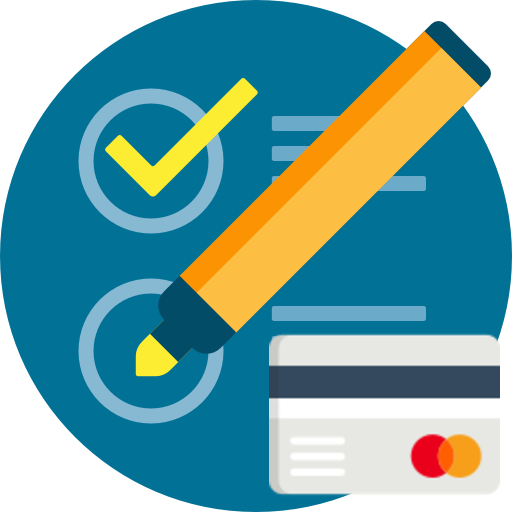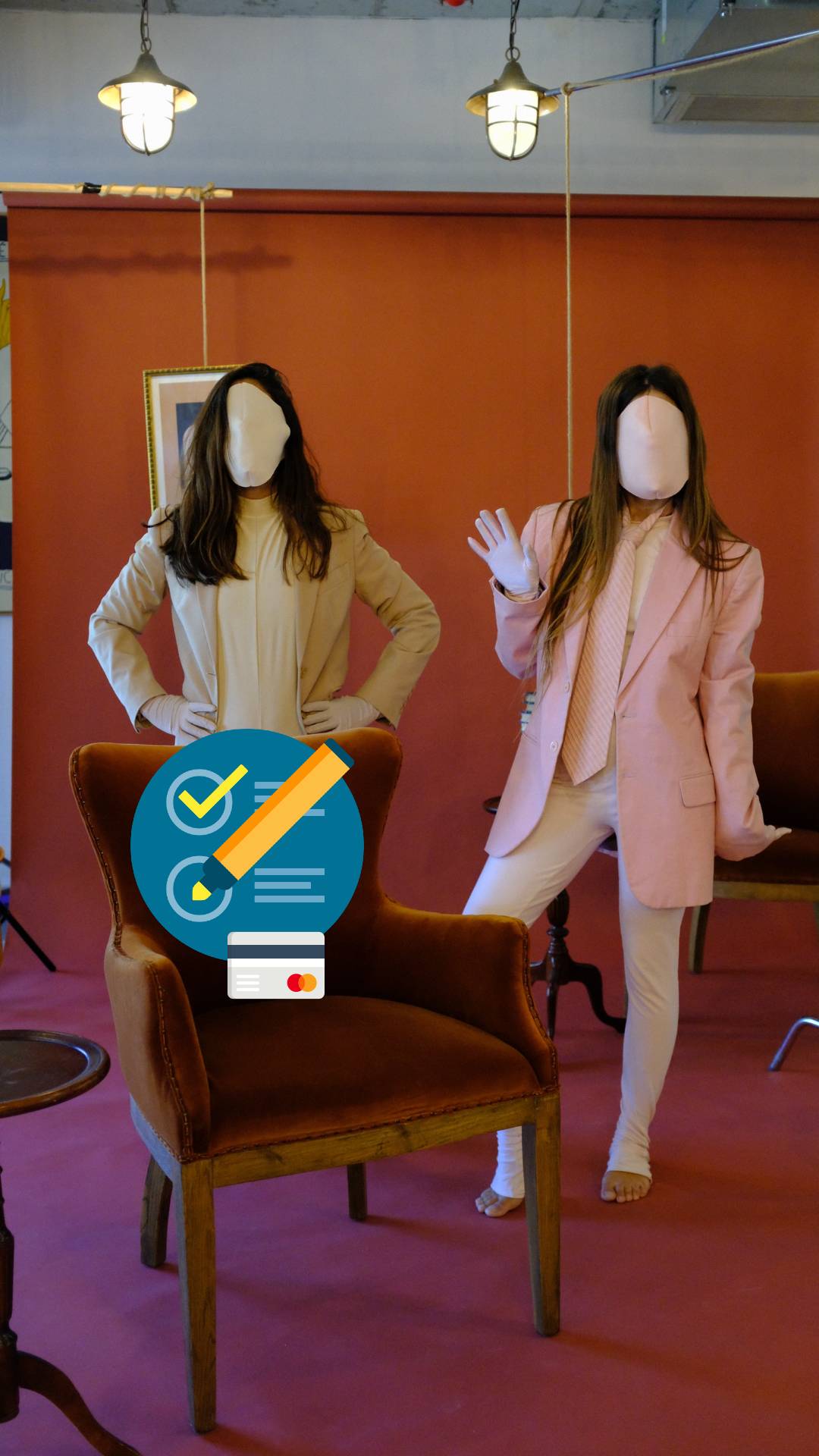In the financial world, there are very strict credit card rules guarding the usage due to the risks they pose on both the cardholder and the credit card issuer (which is usually a bank or a financial institution). With the outbreak of the coronavirus pandemic, there are several rules that need to be broken to get us through these tough times. With that,
here are some of the credit card rules that you could break in times of stress and anxiety, much like what all of us are facing right now.
[toc]Introduction
The inherent purpose of your credit card is to have enough cash whenever you need it. If you’re a responsible credit cardholder, you can look at it in the form of free money every billing cycle if you make your payments on time. If you pay off all your debts on time within the payment period, you get to use the bank’s money for the entire month without any interest! Attractive, right?
However, the ownership of a credit card also gives you the financial liberty to use that credit however you want. In times of crisis like these, you must not feel ashamed or targeted to break some unsaid rules that revolve around the usage of credit cards. Here are some of them:
“Never have carry-over balance month after month on your credit card”
Credit card debts are very expensive! However, in times of crisis, you might not always have the dough to pay off your entire credit card bill every month. Hence, you must not hesitate to carry forward your remaining balance to your next month. This way, you don’t have to stretch your resources to pay off your debts when most people are still struggling for a meal. Hence, you must realize where your financial priorities lie in today’s times and make sure you use your cash resourcefully. Ignore the rule that you have to pay off all your debt every single month. Your credit card can take some debt, don’t worry about it.
“Credit cards are not for emergencies”
Very often, you do not have enough saved up in your bank account to fund every emergency that comes your way. It might be medical bills, helping a friend out or a market crash. Hence, in such a situation, you have to rely on your credit cards to help you out. With a set credit limit, most of which you never (presumably) use, you have enough credit to help you out. When you use your credit for emergencies, you no doubt open yourself up to some interest over time, but that’s OK. The important thing is that you’re funding your immediate requirements and necessities, ones that can’t wait. If you’re infected with the pandemic, don’t be afraid to charge your credit card to the hospital bill. There are bigger fish to fry. Unsaid credit card rules and credit card statements can wait.
“You always have to pay more than the minimum amount”
If you have credit card debt or credit balance that gets carried over every month, you probably have thought about paying off the minimum balance every month and letting the rest of the debt “just sit there.” While this might be bad advice in normal circumstances, in the midst of a pandemic outbreak, it is not so. It is okay to pay off the credit card in a minimum balance fashion every month so that:
- You have some cash leftover for most of your everyday expenses like food and gas
- You do not incur any extra late payment charges on your credit card (which is the last thing you need right now)
- You’re working one step at a time towards paying your credit card bill
- With respect to the credit card company or your bank, you’re not a defaulter yet because you’re making consistent payments
- Your credit score does not take a severe blow
Conclusion
Hence, even though doing all that is mentioned above might be bad financial advice during normal circumstances, the outbreak of a pandemic is hardly normal. With loved ones and your own health to worry about right now, it is certainly OK to break some of these unsaid rules about credit cards and think about more important things. Hence, do not worry about a little more cash that you have to dole out at the end of all this. You can always pay off that extra interest when things get back on track; right?


